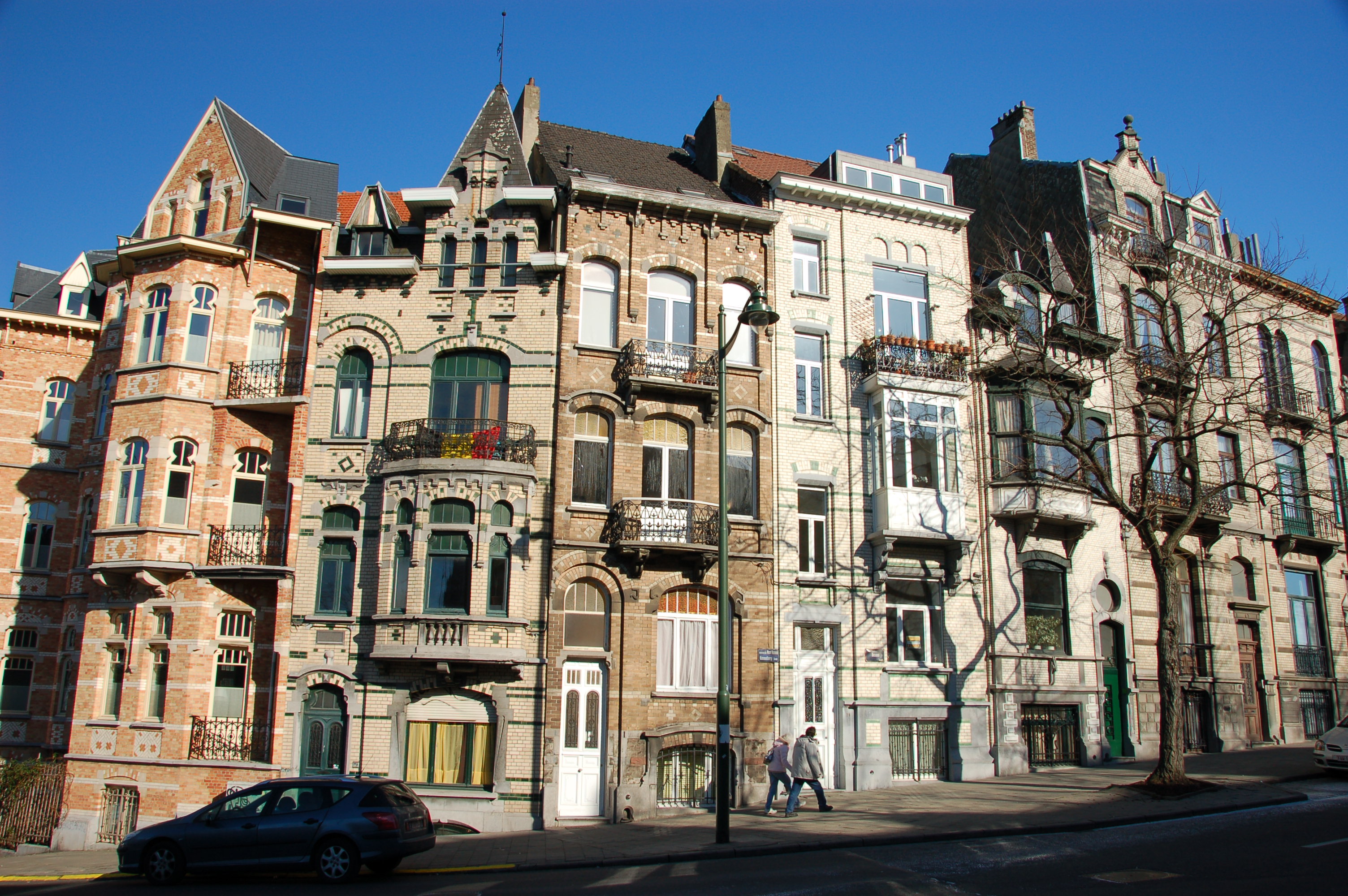Europa Nostra participated in European Historic Houses Association’s Conference
The Secretary General of Europa Nostra was one the main speakers at the conference ‘Developing business models to meet the challenges of the 21st century’, promoted by the European Historic Houses Association (EHHA) in the framework of its annual meeting, in Brussels on 27 September. Sneška Quaedvlieg-Mihailović presented the progress of the heritage lobby in Europe in the last years, referring to the European Heritage Alliance 3.3 and the European project ‘Cultural Heritage Counts for Europe’, as well as Europa Nostra’s contributions to the discussions on the future EU programmes ‘Creative Europe’ and ‘Horizon 2020’, among other initiatives undertaken at national, European and internationals levels.
The conference was opened by Eric Philippart, Head of Unit for tourism and cultural instruments in the Directorate General for Enterprise and Industry at the European Commission. “Cultural tourism is vital to the European economy and the European Commission has an open ear to the plight of private owners and cultural organisations”, he stated, mentioning examples, statistics and tangible projects.
During the first panel discussion on ‘the place of private cultural heritage in the EU’, the Secretary General of Europa Nostra presented the progress of the heritage lobby in Europe in the last years. She referred to the European Heritage Alliance 3.3 and the European project ‘Cultural Heritage Counts for Europe’, as well as Europa Nostra’s contributions to the discussions on the future EU programmes ‘Creative Europe’ and ‘Horizon 2020’, among other initiatives undertaken at national, European and internationals levels.
Sneška Quaedvlieg-Mihailović recalled that even at global level culture is being placed at the heart of sustainable development: “The United Nations, UNESCO and government ministers from around the world appealed, last June in New York, for culture to become a top priority in post-2015 global development plan. Europe must lead the change and culture should be more strongly represented and defended”.
Karel Bartak, Head of Unit of the Directorate General for Education and Culture, noted that a major obstacle at the EU level is the subsidiarity principle. “There is a will to help the cultural sector (the cultural program has paid 7 billion Euros over the last 7 years) but the difficulty lies in the ability to act effectively. The lobby must continue to be active. However, the real decisions are made not in Brussels but at national level. The Creative Europe program will facilitate financing procedures”, he stated.
The conference ended with remarks by Christoph Schenck, EUHEF Director at HMM Heritage Media & Marketing. “The time is critical and the situation will soon lead to profound changes in the management of historic houses and its surrounding territories. It is essential to link the houses to biodiversity and energy efficiency. Owners need help to obtain direct funding and this should come in part from the public sector”, he concluded.
The European Historic Houses Association joined Europa Nostra as a member organisation in 2011. Its President, Rodolphe de Looz-Corswarem, was appointed as EN Council member at the General Assembly 2011 in Amsterdam.







